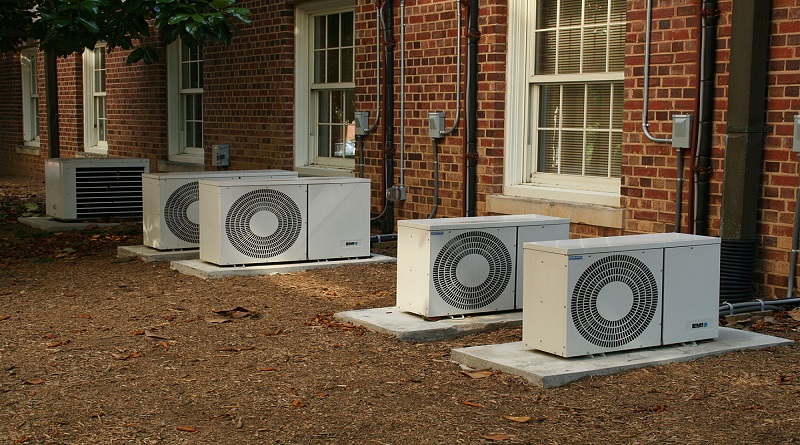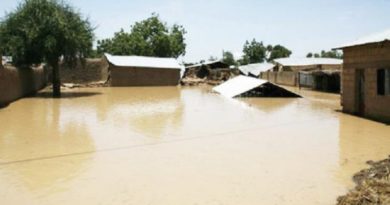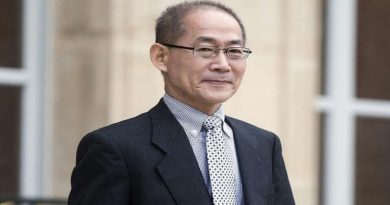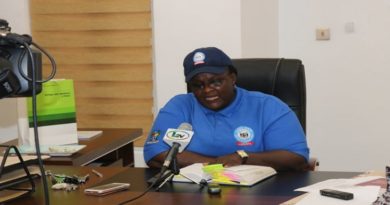Climate goals: More energy efficient air conditioning required
A new study “Freezing in the Tropics: ASEAN’s Air-con Conundrum” published during the ASEAN Cooling Summit in Bangkok, Thailand, finds that the current technology used in conventional cooling systems in air conditioners and refrigerators, coupled with an increasing demand for such appliances and rising global temperatures, could spur a 64 % increase in household energy use and produce over 23 million tonnes of carbon emissions by 2040.
But there is a solution: better energy efficiency. By switching to energy-efficient devices, ASEAN countries alone would be able to save the energy equivalent to the annual output of 50 coal-powered plants.
“As temperatures rise and demand for energy soars, it’s critical that we look at how to change practices and mindsets of businesses and governments to make the industry more sustainable. This will help the region avoid commissioning more fossil fuel power plants that are harmful to the environment and make it difficult to fulfill pledges to the Paris Agreement,” said Jessica Cheam, Managing Editor of Eco-Business.
Conventional cooling systems in air conditioners and refrigerators use potent greenhouse gases such as hydrofluorocarbons that contributes to rise in temperatures.
A significant reduction in greenhouse gas emissions is central to the Paris Climate Change Agreement goals of keeping the global average temperature to well below 2 degrees Celsius.
Moving away from the use of these gases is also a key component of the 2016 Kigali Amendment to the Montreal Protocol, which commits signatory countries to a timetable to replace climate-damaging refrigerants with sustainable alternatives.
The Lima-Paris Action Agenda, another global climate action initiative, recognises the need for the short-lived climate pollutants sector to reduce hydrofluorocarbons by 30-50% from refrigerant servicing within 10 years.
“Economic growth and rising population are increasing demand for air conditioners and refrigeration in Southeast Asia. Moving to alternatives while improving energy efficiency will save money for both consumers and governments, benefitting the region’s people and economy,” said Mark Radka, Chief of UN Environment’s Energy, Climate, and Technology Branch.
The Bankok summit explored cooling in the context of sustainable development and identified solutions to increase the adoption of energy-efficient technology, remove financial barriers, and raise awareness of the critical need for climate-friendly cooling systems.
Hosted by K-CEP, the event was organized with UN Environment and Asia’s leading sustainability media organization, Eco-Business, bringing together a diverse group of leaders from business, government, civic society and academia discussed solutions for sustainable cooling in Southeast Asia.




